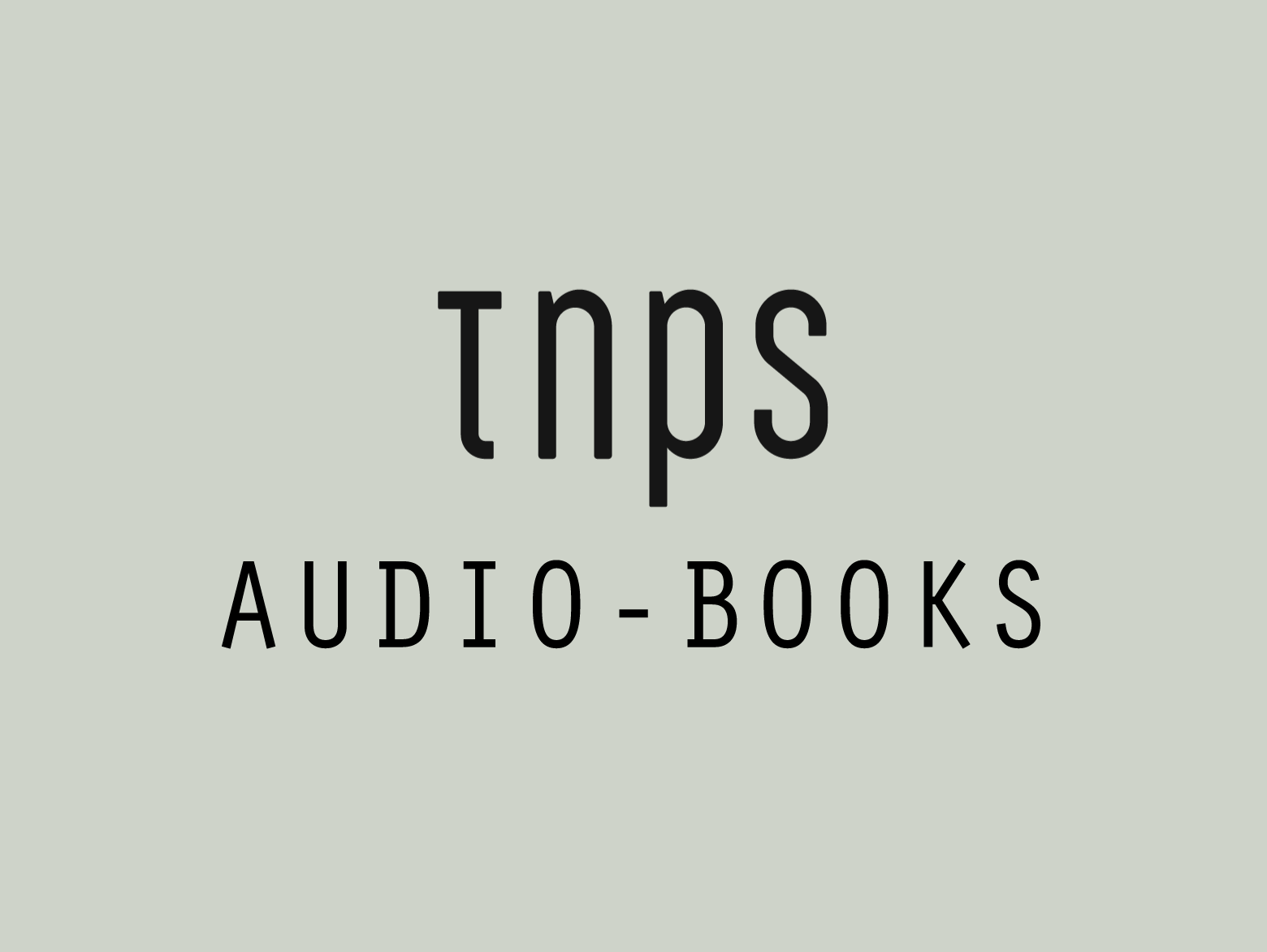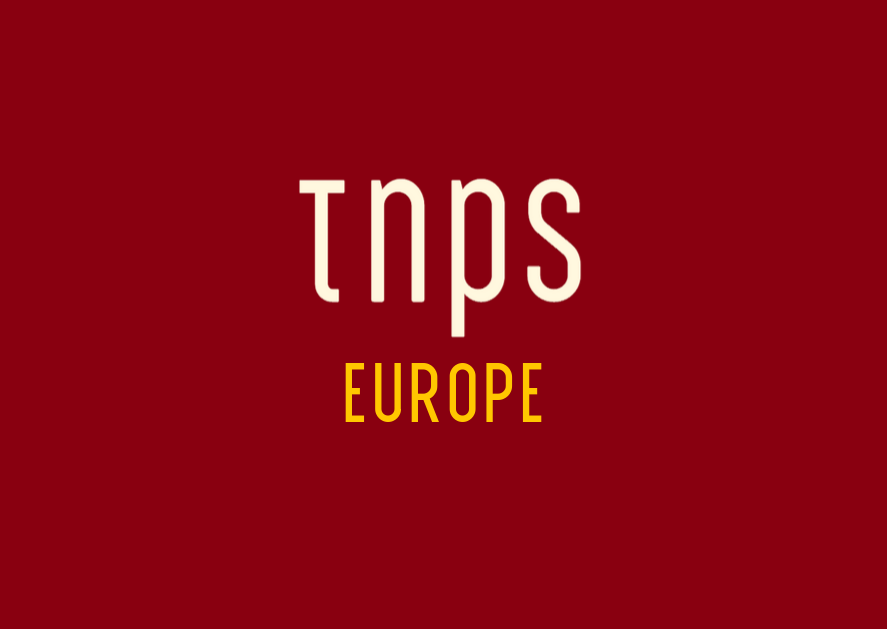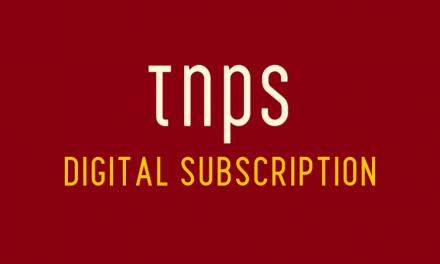A month ahead of schedule, Bookbeat, the audiobook and ebook subscription arm of the Swedish publishing giant Bonnier, has reached its milestone of 100,000 subscribers, reports Boktugg’s Sölve Dahlgren., who says the company is on target to to reach SEK 150 million ($17 million) in revenue for the full year 2018.
Bookbeat CEO Niclas Sandin is not sharing the breakdown across Bookbeat’s four countries other than to confirm the obvious – that Sweden leads the fight and the UK’s revenue brings up the rear.
The likelihood is that it is Finland in second place, with Germany at third, but the UK’s pitiful contribution shouldn’t be misread as indifference to audiobooks or Bookbeat so much as Bookbeat’s inability to get bigger UK publishers on board with the subscription model.
Bookbeat launched in Germany almost a year ago (September 2017) and in January picked up Amazon’s German audiobook expert to push the Bookbeat cause in Germany.
Bonnier’s Bookbeat headhunt’s Amazon Audible’s finest for Bookbeat Germany
By contrast Bookbeat attempted to enter the UK market in April 2017, but met with considerable resistance from UK publishers unwilling to bet on the all-you-can-eat audio subscription model.
So much so that a year into the project Bookbeat effectively put the UK project on ice, still operational but with just the minimum life-support to avoid admitting defeat.
As reported here in April, Sandin explained to Britain’s The Bookseller,
The biggest feedback we have gotten from our (UK) users is that they want more premium content. We did a broad marketing push and we had a lot of users joining up last year. And the feedback is that we need a broader coverage of content.
With this feedback in mind, we have continued discussions with major publishers in the UK which have not yet released their content to us.
The response from publishers has consistently been something along the lines of ‘We know the flat rate model probably is the future and the market really could use some competition, but we do not need to stress this and first want to see what happens in the next couple of years’.
Now Boktugg reports Sandin confirming little has changed.
The UK is ticking on to a limited extent, and we focus primarily on Sweden, Finland and Germany until the big publishers (in UK) begin to move and release more content to us. We know that time is on our side.
As yet the subscription model market leader Storytel has not ventured into the UK (or any other Anglophone markets except India), leaving Amazon’s Audible the dominant player, and British publishers clearly taking the short-term view that Audible’s one book a month subscription model is in publishers’ best interests.
But just how long publishers will resist the lure of the Storytel/Bookbeat model is open to debate.
Audible is clearly delivering for publishers, and unit for unit there’s no question the returns from Audible will be better than anything Storytel or Bookbeat can offer, but there are two factors to consider here:
First, publishers know to their cost that too much dependence on Amazon will hurt in the long term. There are of course any number of rival players to Audible, as well as digital libraries, and publishers are taking full advantage of these to maximise their audience.
Second, as Storytel has clearly shown, consumers naturally love the all-you-can-eat model.
Publishers need to weigh up whether the additional volume of consumption potentially possible through this model, along with the discoverability value of the model (who’d chance $30 on an audiobook from an unknown author/narrator?) could easily make up for the unit-returns shortfall.
And that in turn ties up point one and two together, because Storytel and Bookbeat offer the best option publishers have to reduce dependence on Amazon in the audiobook arena.
As Sandin says,” time is on our side.” But my guess is it will take a player of Storytel’s stature to enter the Anglophone markets for publishers to really sit up and take notice.
No sign yet that Jonas Tellander is aiming that high, other than that Storytel has place-holders for the Anglophone markets, and perhaps Tellander has watched Bookbeat’s UK struggle and feels other markets are a better investment for now.
But safe to say Sandin is right, and time is on their side.




